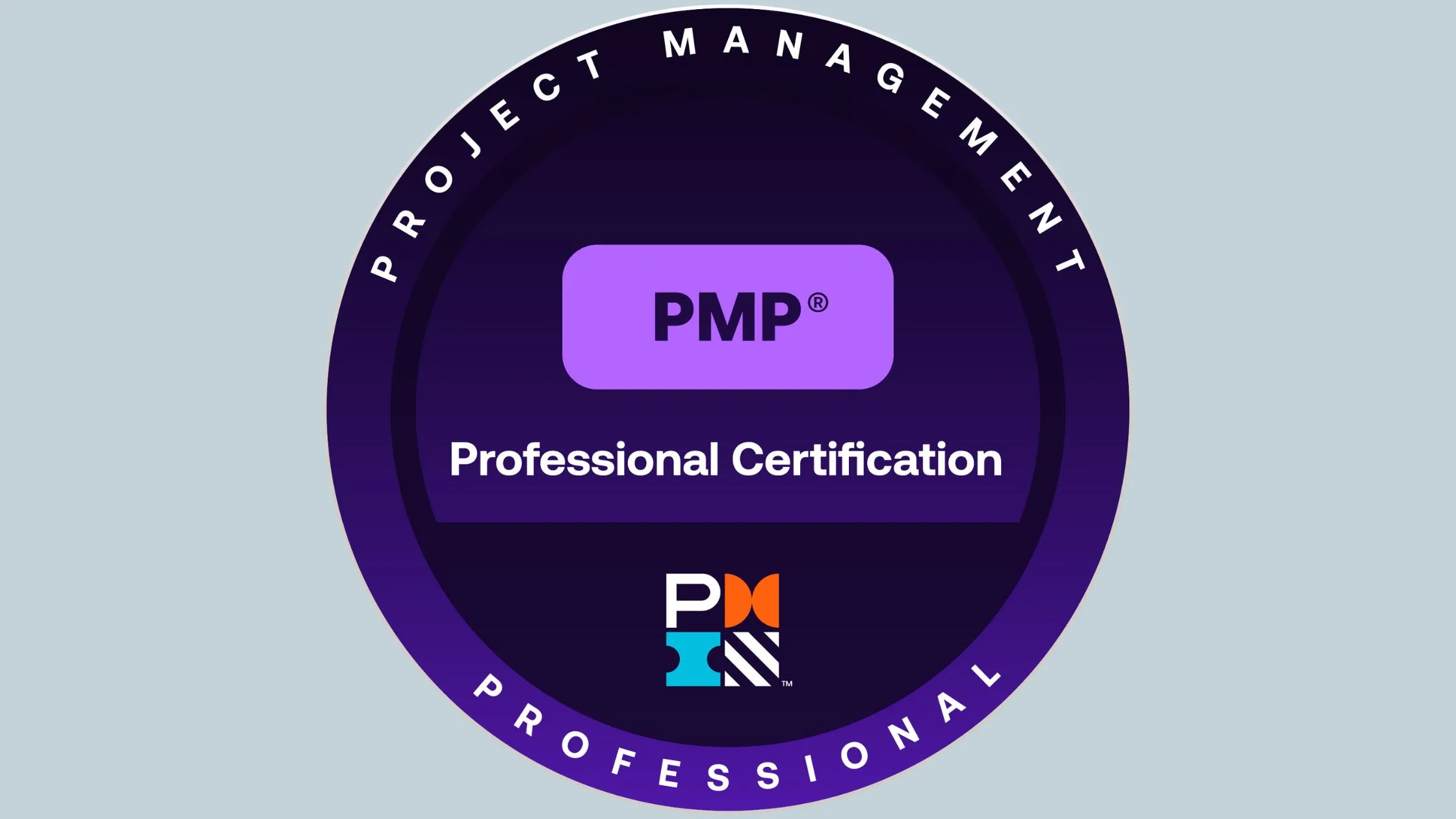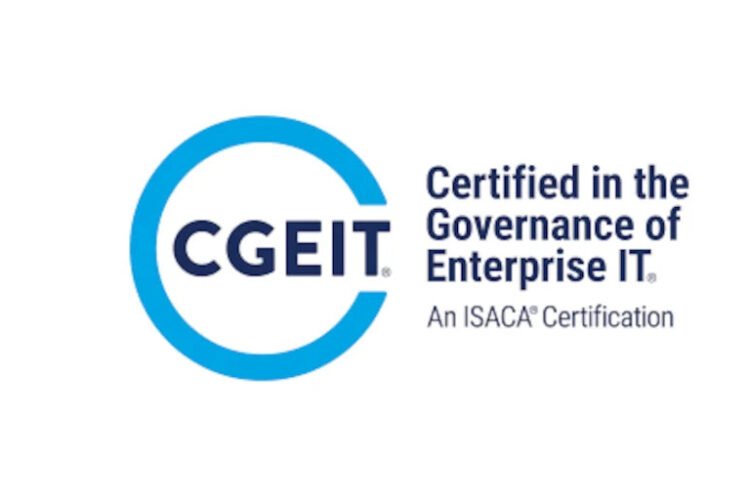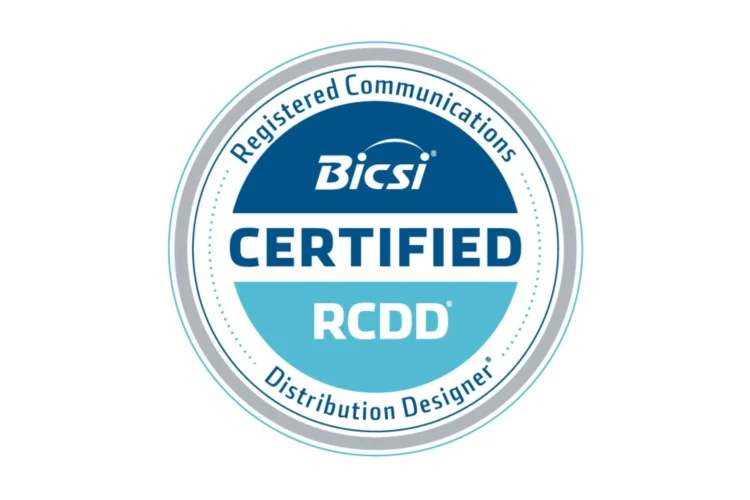
There are 180 marked questions in the PMP certification exam and the candidate has 230 minutes to complete the test out of which 175 are scored and 5 are pretest questions.
The pretest questions are helpful to PMI concerning identifying future test content that might be tested in a future PMI exam.
The exam encompasses three primary domains: From the survey, the breakdown of the responses was as follows: People (42%), Process (50%), and Business Environment (8%), making an assessment of the study of both the conventional and the agile project management approaches possible.
Types of Questions on the PMP Exam
Some of the aspects that are covered under the PMP certification exam include the different types of questions asked.
Some of the types include multiple–choice questions that have only one correct response, multiple–response questions, those that require more than one choice, and lastly the situational type that is accompanied by actual life instances.
Besides, calculation-based questions for formula application, analysis-based questions for interpretation, and response types such as drag-and-drop and hot area.
The two tests in each type require a candidate to demonstrate his or her knowledge as well as analytical and problem-solving skills in different settings.
Multiple-Choice Questions
A multiple choice item used in the PMP exam comes in the form of a question and answers, and most of them are four.
To answer effectively one should read the question and the options provided and understand what is being asked then one should quickly eliminate the obviously wrong answers and pick up on words such as always or never.
Demonstration sample questions can help get used to the type of assessment and increase the effectiveness of approaches taken.
Multiple-Response Questions
Multiple-response questions differ from normal multiple-choice questions in that the candidate is asked to select several correct answers to a question or problem.
There is a need to scroll through all the options to the question, eliminate entirely wrong options, and look for check words that relate to project management.
This can be supported by the use of elimination methods and cross-checking on any particular knowledge from the study materials in an effort to select all right answers.
Situational Questions
Situational questions on the PMP exam present hypothetical scenarios that require candidates to apply their knowledge to real-world situations.
To analyze these effectively, candidates should identify the main problem, disregard irrelevant details, and critically evaluate each answer choice.
Recognizing keywords indicating the correct response and practicing with sample questions can improve decision-making skills in these scenarios.
Knowledge-Based Questions
Knowledge-based questions on the PMP exam emphasize definitions and core concepts of project management.
These questions evaluate a candidate’s comprehension of essential terminologies, processes, and frameworks from the PMBOK Guide and other project management resources.
Familiarity with these terms is vital for effective communication and decision-making in project management.
A strong understanding of key concepts not only helps in accurately answering knowledge-based questions but also improves a candidate’s ability to apply project management principles in practical situations.
Formula-Based Questions
Formula-based questions on the PMP exam require candidates to apply specific project management formulas, particularly in Earned Value Management (EVM).
To solve these questions efficiently, candidates should memorize essential formulas and comprehend their components.
Practicing these calculations can improve speed and accuracy, while effective time management during the exam enables candidates to address simpler questions before confronting more complex ones.
Interpretational Questions
Interpretational questions on the PMP exam necessitate candidates to analyze data or scenarios to evaluate project performance.
For instance, a question may provide a graph and ask candidates to determine the project’s status.
Candidates should concentrate on key indicators, disregard irrelevant details, and employ a systematic approach to identify trends or compare values against benchmarks for effective problem-solving.
Drag-and-Drop Questions
Drag-and-drop questions on the PMP exam require candidates to arrange items, such as project phases or key terms, into the correct order or categories.
To address these questions effectively, candidates should read the instructions thoroughly to grasp the requirements.
Visualizing the correct relationships based on project management concepts and approaching the task systematically is essential.
Practicing with similar question formats can enhance familiarity and confidence, allowing candidates to manage these interactive elements more efficiently during the exam.
Hot Area Questions
Hot area questions on the PMP exam require candidates to select specific regions on a digital image, assessing their visual identification skills.
To answer effectively, candidates should examine the image closely and focus on areas pertinent to the question.
A methodical approach, like zooming in for precision, aids in making accurate selections. Practicing with similar formats can increase confidence and accuracy in these interactive tasks during the exam.
Fill-in-the-Blank Questions
Fill-in-the-blank questions on the PMP exam require candidates to supply specific terms or values to complete statements about project management concepts.
These questions evaluate a candidate’s recall and understanding of key terminology. To effectively address these questions, candidates can use techniques such as mnemonic devices for important terms, regular review of key concepts, and flashcard practice.
Contextual clues within the questions can also aid memory recall, enabling candidates to provide accurate answers.
Scenario-Based Questions
Scenario-based questions are essential in the PMP exam as they assess a candidate’s ability to apply theoretical knowledge to practical project management situations.
To prepare, candidates should practice scenario-based exercises, review case studies, and participate in group discussions.
Familiarizing themselves with the PMBOK Guide and other resources will aid in recognizing relevant concepts and applying them effectively during the exam.
A strategic approach is essential for success on the PMP exam, which involves navigating various question formats. Candidates can enhance their confidence and performance by understanding each question type’s unique characteristics and using targeted preparation techniques.


